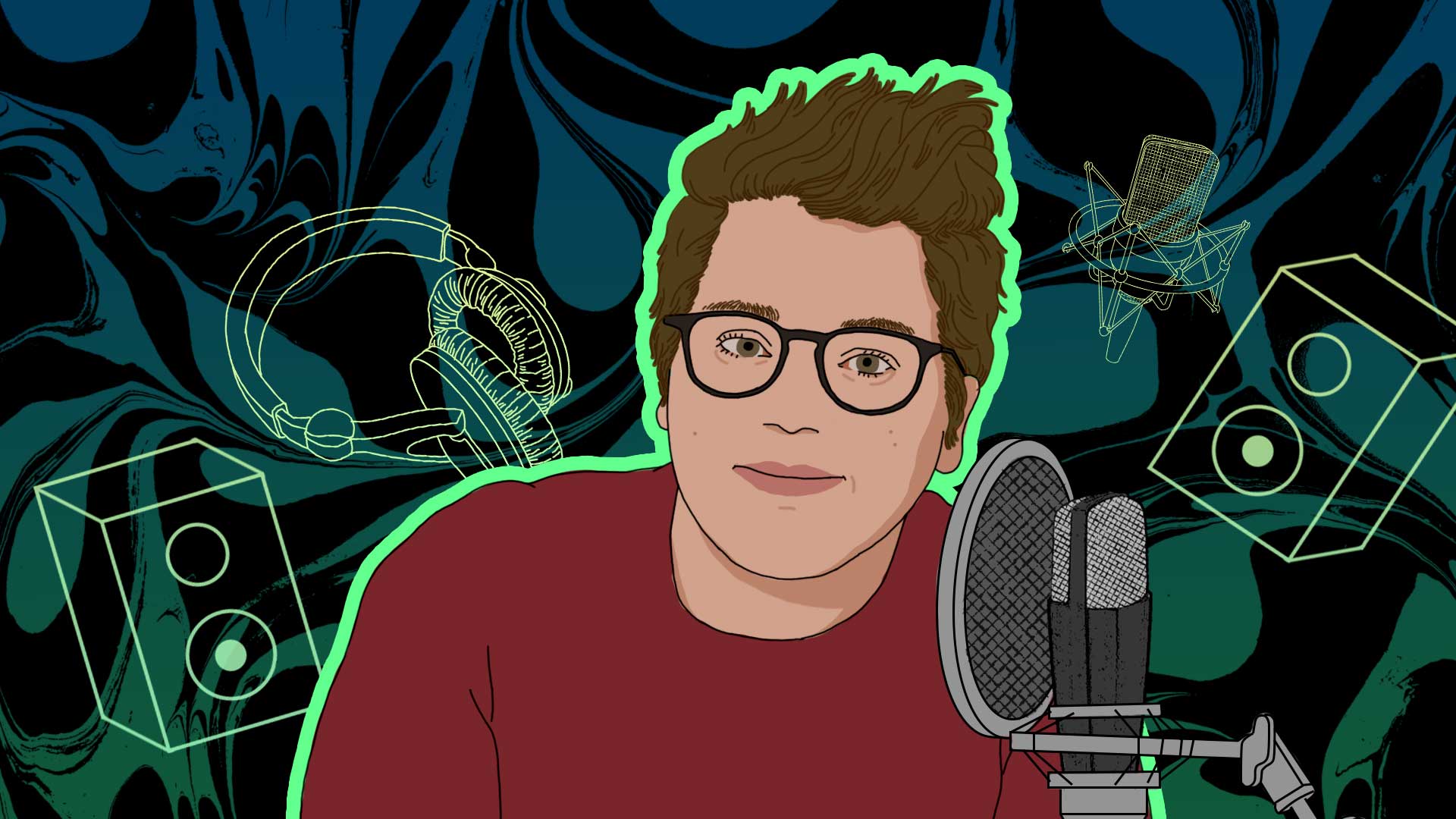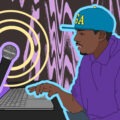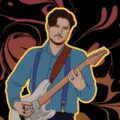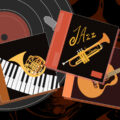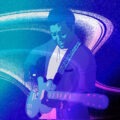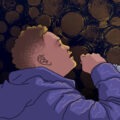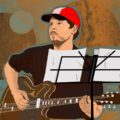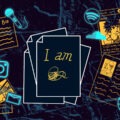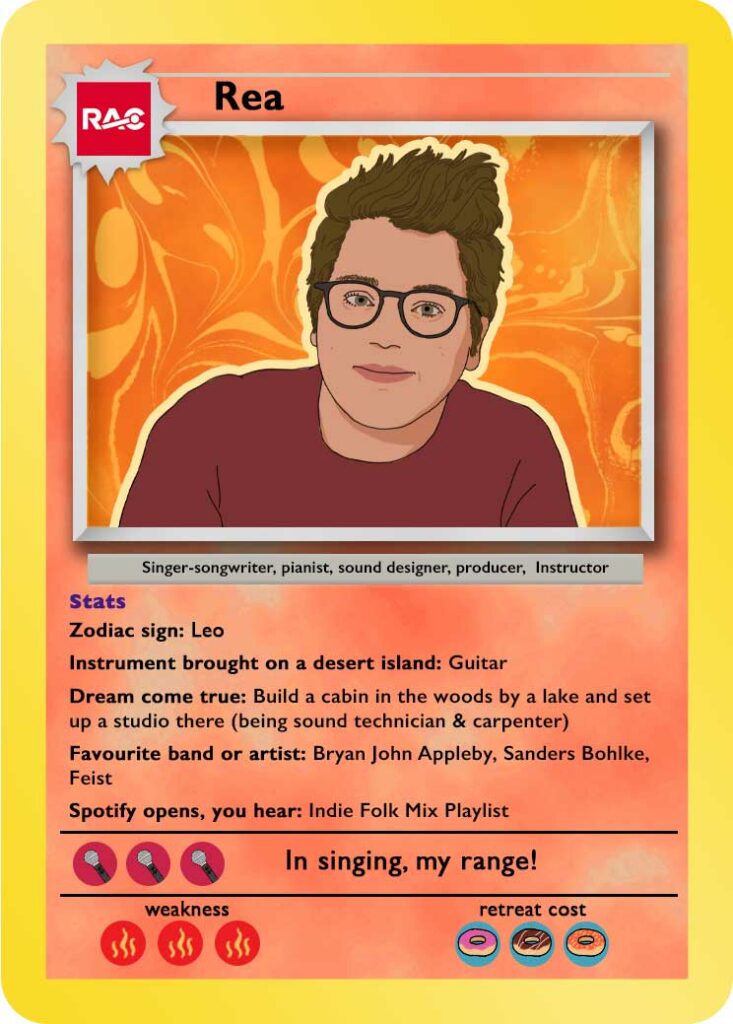
2016 RAC grad Rea Zakhour came a long way before returning to the school as an assistant and instructor for the Sound Techniques and Electronics & Technology courses in 2023. From working as a sound technician at a radio station and at a theatre school in Jordan, doing voice-over work, or being behind the console at Club Med Dominican Republic, Rea has acquired a wide range of skills. Carrying a wealth of knowledge in audio fields that are a little less covered, but no less captivating and in demand for young technicians, Rea is an invaluable presence for RAC students. Today, their experience in live sound has taught them to stay calm, think fast, prepare for everything, and have a plan B, because anything can happen. Read on to find out more about this Montreal-born musical globetrotter.
RAC: What are the best and worst moments you’ve experienced as a sound technician?
Rea: My worst experience was when I was working as the theatre technician for a school where we did some pretty large musical theatre performances. The sound set-up was a little intricate with a live band, playback stems for sound effects, overhead and stage floor microphones for the cast, 2 handheld wireless microphones for the narrators and 14 wireless lavalier microphones for the leads. After the tech and dress rehearsals, all was set for opening night. But when the curtains went up and the first number started, each of the wireless mics started to drop out. When you have a house full of 512 people gathered together – all with their phones – no matter how well prepared the system is, the wireless microphones are useless. So, during the first number, I grabbed the back-up wired microphone for the narrators, switched to using only the area mics and continued on with the show. Although stressful, it taught me the importance of always checking the system under similar conditions to avoid any surprises.
My best experience was in Jordan, where I was freelancing for an art foundation. We did an experimental exhibit, centered on the concept of light through different mediums. The artists designed works using many different kinds of technology, which all had to operate at the same time. In the end, there were 4 separate sound systems, 2 laser systems, 3 light systems, and 8 projectors. After all systems were up and running, and the doors opened, I did a run-through to check it all out. Seeing the artists in each space explaining their work to their audience made me realize how much we can do and say with our work.
RAC: You worked for CIBL,101.5 after studying at RAC. Can you share your experience in radio?
Rea: We had live shows where we recorded musicians’ performances in the booth with the commentators. This was my favorite part. I was excited to get to meet them and watch them perform on this smaller scale without the audience. Throughout the day, I was also the lead music programmer. Using broadcast-specific software, you can program the song order, mix, and blend days in advance. My job was to ensure that the songs had smooth transitions and similar genres. I was also a part of the A&R team, searching for local and international bands to add to our repertoire.
RAC: What do future producers and sound technicians need to know about audio in theatre?
Rea: Multitasking is the key, in a controlled way. In the theatre, even if you concentrate solely on one system, there will always be things to think about. In a musical, you need to be thinking about the musicians, backing tracks, microphones for the room, audience, and actors, in-ear monitors, the PA system and recording or broadcasting. You have to trust the preparations you’ve made, knowing that the show must go on no matter what. When it all comes together, everything falls into place: it is an entire work of art that you have helped bring to life.
RAC: What do you remember about your time at RAC?
Rea: Everything. From a professional standpoint, the teachers as well as my fellow students taught me so many skills that I carry in my toolbox. The most important one is the concept of keeping a steady head when chaos ensues and trusting your knowledge when troubleshooting. Every time I stand in front of a new system or console, I know that sound moves the same way it always does and I can fix any problem. From a personal standpoint, I was in a community of people who are all so different, but who all share the same love of music or sound. The ease of being surrounded by musicians, producers, songwriters, film score composers, and live sound technicians has given me such a sense of respect, understanding, and excitement for the future.
RAC: How did you become a sound technician for Club Med Dominican Republic? What would you recommend to RAC students who want to do this?
Rea: Having grown up moving around, it is in my nature to gravitate towards a job that allows me to continue to do that. I applied to Club Med at Montreal’s headquarters and got accepted onto the shortlist. This is the spot where, as soon as they need someone in your field, you get called and you go where you are needed. So a week after getting accepted, I got a call from them saying they needed a sound technician in the Miches village in the DR. I packed my bags in 4 days and was on a plane to a new country. I met amazing musicians, dancers, circus performers, and comedians and teched for so many amazing shows. I also created two new shows in collaboration with the choreographer, costume designer, and circus leader. I recommend getting comfortable with live sound settings, as well as being very sociable. Club Med was created in the mentality of connection with people – it is one of their most important pillars and will help you create friendships with everyone, staff and guests alike.
“ Music is tied to healing ”
– Final Notes –
On top of being a sound tech, Rea also creates their own music. Their first compositions were based on a therapeutic process to help them work through mental health issues. Writing lyrics and composing are ways for the artist to capture their train of thought and make sense of it. Nowadays, in the crafting of their new EP, their goal is to use recorded sounds to create an ambient, indie-folk universe that is less focused on their experiences and more on connecting with others. They are currently working on an animated short film and are also co-producing their brother’s upcoming EP. This year, Rea plans to obtain a carpentry certification, so that they can continue to build their dream both on stage and behind the scenes of their future projects in Canada.
Written by Caroline Boivin
Illustration by Yihong Guo
